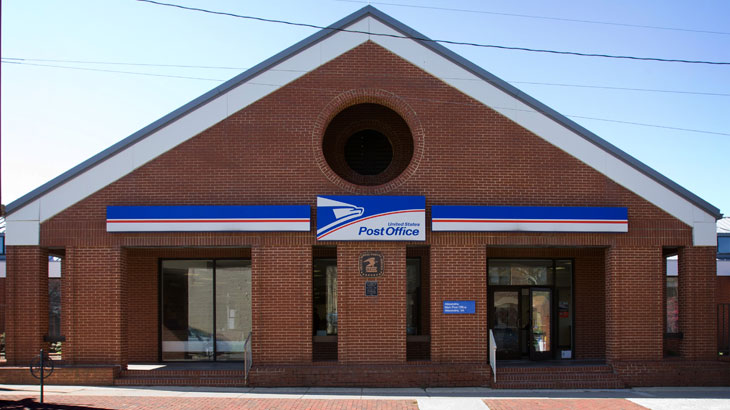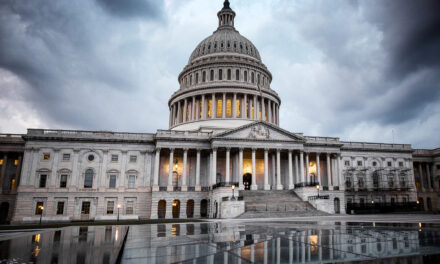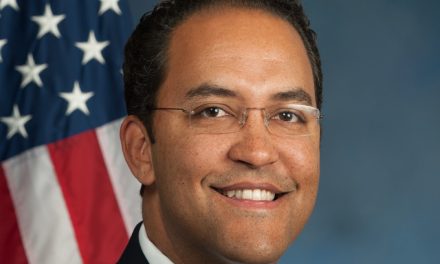In our April/May/June 2019 issue, Rep. Bill Pascrell of New Jersey wrote an excellent history and defense of the U.S. Postal Service. In fact, it’s worth reading purely for its historical interest. It’s fascinating to learn that debates about the proper purpose and mission of the USPS go all the way back to George Washington, James Madison and Alexander Hamilton. Hamilton thought the mail should be profitable and help subsidize other government operations. Washington and Madison were more interested in establishing the infrastructure and didn’t much care if it operated at a loss.
We’re still having those debates in Congress. In a general sense, the Democrats take the side of Washington and Madison while the Republicans subscribe to the Hamiltonian view. Whichever way you swing on the issue, there’s no doubt that people send a lot fewer letters these days and the increase of online shopping hasn’t fully made up for it. The USPS is not profitable and it’s not likely to become profitable.
But, as Pascrell argued, the service is still immensely valuable. It has an unrivaled reach into every nook and cranny of the country, and therefore its infrastructure offers unique opportunities to not only the federal government but state and local governments as well.
In many American communities, the post office was historically called the “federal building,” and it served as a one-stop shop for numerous governmental needs. (Tellingly, FDR wanted Social Security to be administered through posts to assure its accessibility.) In smaller towns and cities, for example, the post office was a focal point for immigrant registration, military recruitment, and distributing income tax forms. There is no reason that America’s post offices can’t again provide a variety of important governmental functions.
Pascrell wants to utilize the postal service to enhance people’s experience with government. For example, tax forms could be supplied and IRS adjutants could be stationed in post offices around tax time. In addition to processing passports by appointment, the USPS could provide the service at all times. Meanwhile, state governments could turn the post offices into voting booths in the process of moving to vote-by-mail systems.
But his biggest proposal is to have the USPS set up postal banking. And he has now taken the ideas he discussed on our magazine earlier this year and teamed up with Rep. Alexandria Ocasio-Cortez to introduce a bill.
The Post Office remains one of America’s best success stories. My essay in @monthly explored how we can modernize it so it endures for generations to come — with #postalbanking playing a major part.https://t.co/TjNrabZ32w
— Bill Pascrell, Jr. (@BillPascrell) October 30, 2019
Here’s how he explained it in our pages:
But perhaps the most promising service that post offices could provide is banking. Today, sixty-eight millionAmericans, more than a quarter of U.S. households, lack access to adequate banking services. Many are shut out by high fees tied to minimum balances, overdrafts, direct deposit penalties, and ATM charges. As a result, they are left to unregulated payday lenders and check cashers that level obscene annual percentage rates. The postal inspector general found that underbanked Americans spend $89 billion each year on financial fees. This closed system shackles families to poverty, further cementing the economic inequality tearing our country apart.
Postal branches could offer a range of banking services—including savings accounts, deposit services, and even small lending—at a 90 percent discount compared to what predatory lenders provide, according to a report commissioned by the USPS inspector general. This would give many families an average savings of $2,000 a year while putting nearly $9 billion into the post’s coffers.
Postal banking could even unite liberals and Trump supporters. Rural communities are America’s most bank starved: 90 percent of zip codes lacking a bank or credit union lie in rural areas. Bank branches are also sparse in poorer urban areas, and 46 percent of Latino and 49 percent of African American households are unbanked. The Postal Service is well positioned to help both communities. Some 59 percent of post offices lie in “bank deserts,” or places where there is no more than one branch. Where financial institutions close their doors to these communities, post offices remain open to anyone who walks inside. And this change wouldn’t even need the approval of Congress, requiring only the postmaster general’s consent. Pilot programs could then begin immediately—including in places like 194 Ward Street in my own city of Paterson.
Ultimately, these reforms would expand on the post’s democratic tradition. For centuries, the agency has connected far-flung parts of the country at little cost. Letting it help citizens pay their taxes, obtain passports, vote, and bank would better connect Americans with their federal government. In doing so, these reforms could help mend our citizenry’s chronically low confidence in the federal government. They could also make the agency’s contribution to public life—already enormous—more visible to the people it serves. And that would make it more difficult for anti-government zealots to tear the agency apart.
One way to unite this country is to come up with ideas that can benefit people both urban and rural areas. The postal service has done this from its inception. It makes sense that it could play a role in unifying the country in the future. The Washington Monthly is always looking for ideas that are outside the box and its rewarding when those ideas are accepted and become actual proposals or laws.







